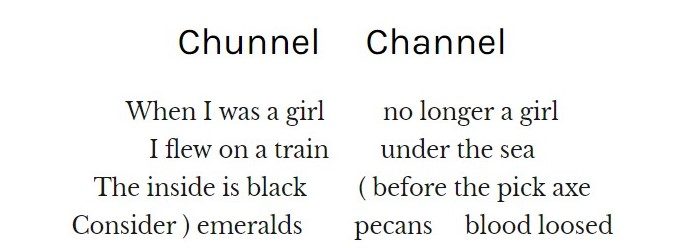A story by Karen Tucker (poetry, ’10) appears in Tin House:
Under Glass
The evening’s downpour still hadn’t ended, and by the time Viktor picked me up, the streets were abandoned except for a few lonesome figures tucked under awnings and into doorways. The boulevard gleamed under the streetlamps. Viktor’s mood must have been affected by the weather, because as he drove me to his apartment, his windshield wipers sloshing back and forth, the cheerful person I knew from the botany lectures we had attended had vanished. [… continue reading here.]



